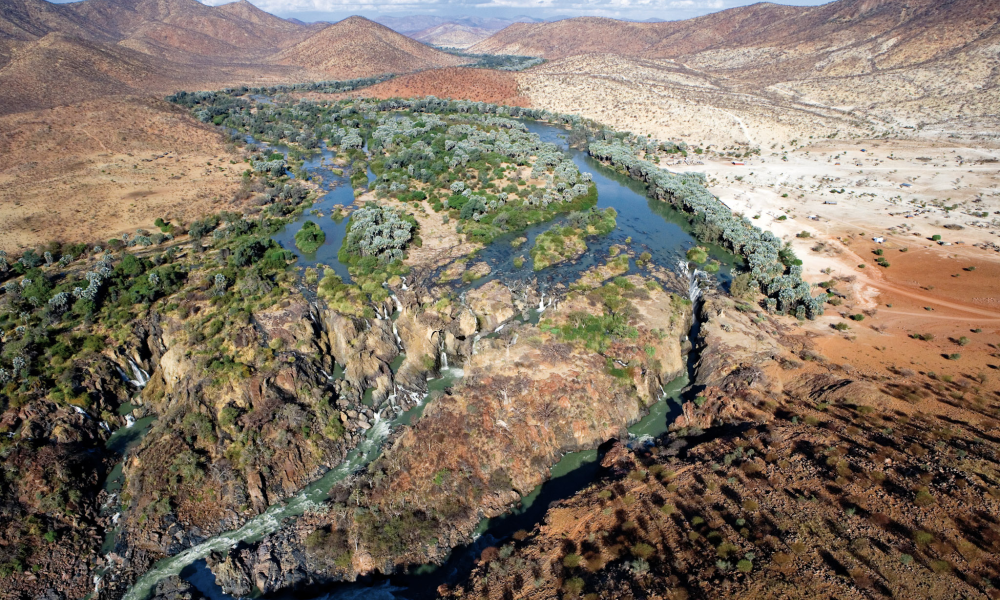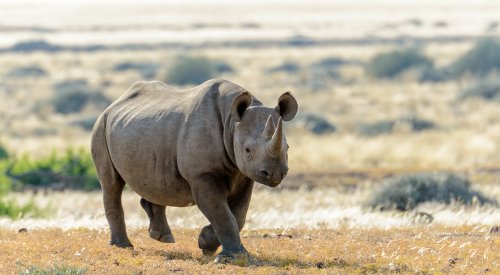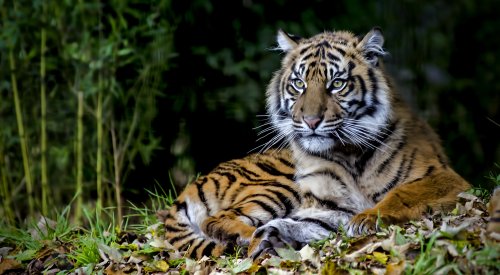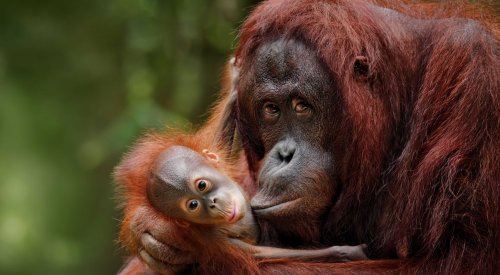Storebrand Asset Management has excluded Power Construction Corporation of China from investment universe due to its involvement of several controversial hydroelectric dam projects.
The controversial projects, in Tanzania and Indonesia, could precipitate the extinction of the Black rhino, Sumatran tiger and the Tapanuli orangutan. They clash with Target 4 of the Kunming-Montreal Global Biodiversity Framework, agreed at the December 2022 COP 15 biodiversity summit, which urges actions "to halt human-induced extinction of known threatened species and for the recovery and conservation of species, in particular threatened species".
Risk of biodiversity loss in Tanzania dam project
POWERCHINA is involved, through its majority owned subsidiary Sinohydro, in the construction of the Julius Nyerere dam at Stiegler's Gorge on the Rufiji river within the Selous Game Reserve in Tanzania. The Julius Nyerere dam project would drastically alter about 100,000 hectares of forest and impact biodiversity in what is considered to be one of Africa's most important wilderness areas.
The dam project involves deforestation and flooding in a significant part of the Selous Game Reserve which will threaten important habitats of biological diversity, including two key range areas for endangered black rhinos and elephants. Habitat loss is a serious concern for these and other species already battling the threat of poachers and traffickers. The Selous Game Reserve was initially listed as a World Heritage in Danger site in 1982, due to heavy poaching activities, which led to the decrease of 90 per cent of the reserve’s elephant population within a period of 40 years.
Furthermore, the construction of associated facilities, such as access roads to and from the site is fragmenting the Selous Game Reserve, which provides easier access for poachers. Such fragmentation also increases the probability of introducing invasive species in and around the reserve. The impact of the dam’s construction will stretch far beyond the dam and its reservoir and will undermine the high density and diversity of species which makes the reserve an area of outstanding importance for in-situ conservation of biological diversity.
While environmental damage is relatively common in the industry, the impacts associated with the company’s hydroelectric mega-dam project are significant, in this specific protected and vulnerable environmental area in Tanzania, as well as across the world.
Additionally, the company has systematically failed to address recurring concerns expressed by the United Nations, IUCN, the media, nature conservation organisations, scientists and local communities.
The company is also involved in other controversial hydroelectric dam projects, including in Indonesia. The company's subsidiary is responsible for the engineering, procurement and construction of a 510 MW mega-dam in North Sumatra province, Indonesia, which according to local and international conservations groups, will have irreversible environmental impacts, including on critically endangered species.
The regional ecosystem of the dam area is home to several threatened species, including the Sumatran tiger and the recently discovered endemic Tapanuli orangutan, which is considered the most endangered great ape in the world with less than 800 surviving individuals. In April 2019, the International Union for Conservation of Nature (IUCN) listed both species as Critically Endangered, and officially called for a moratorium on projects impacting the Tapanuli orangutan.










